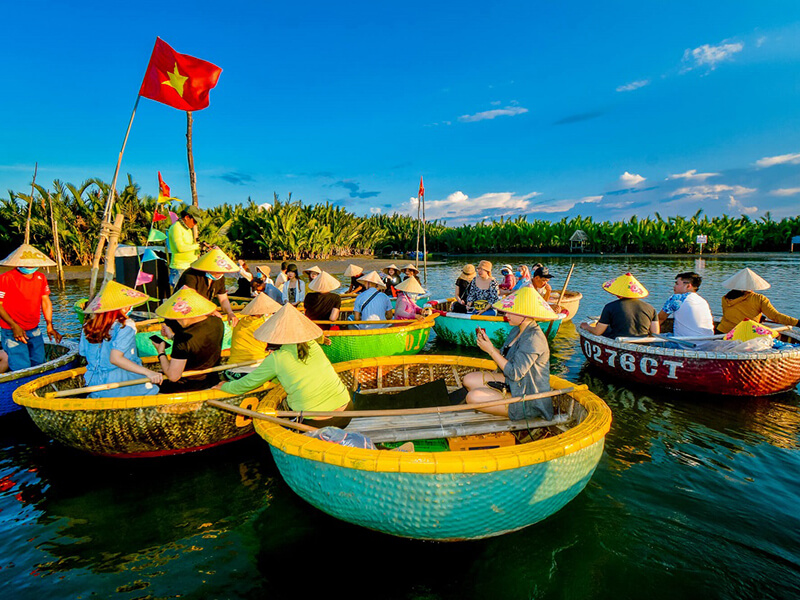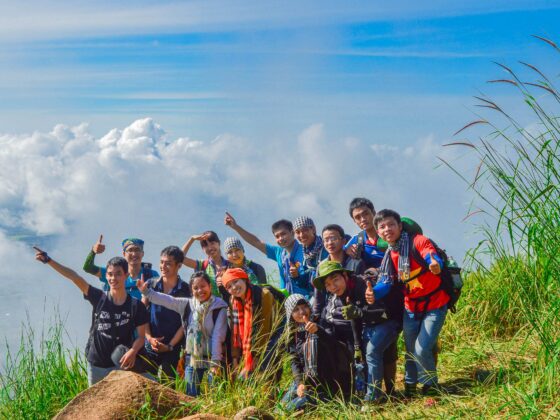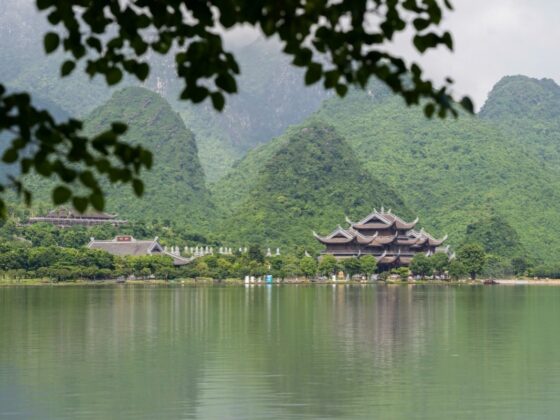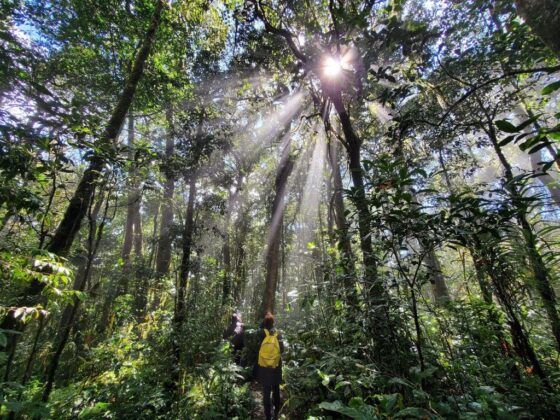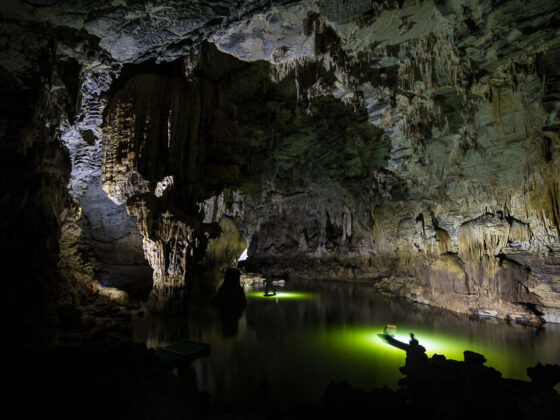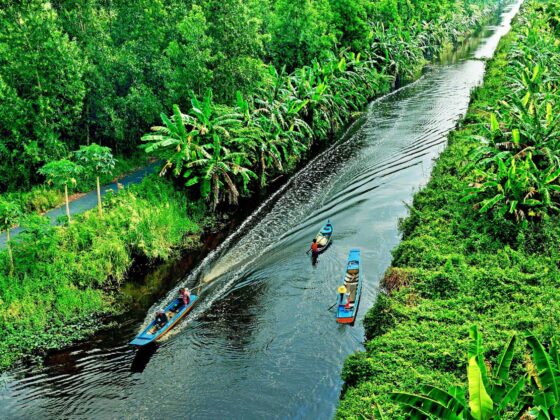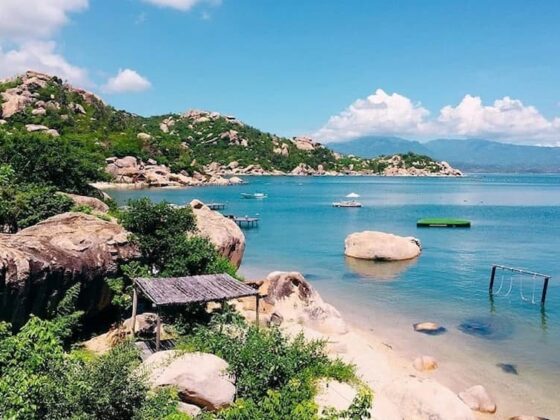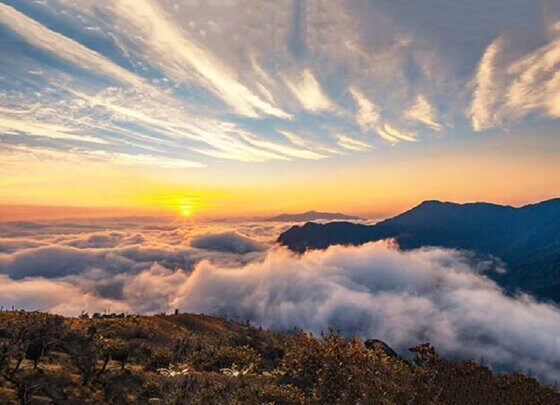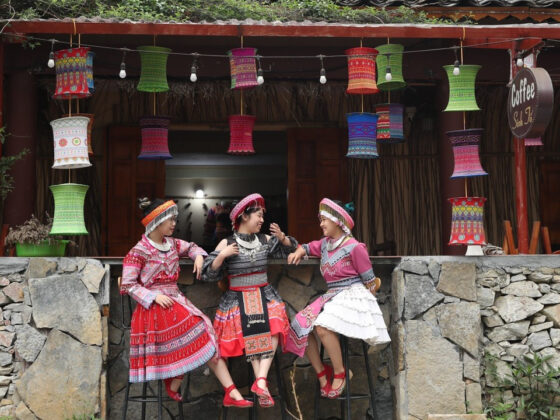Table of Contents Show
✍️ AI is summarizing:
We don’t always see it at first. The worn patch of grass where wildflowers once grew. The overflowing bin at the trailhead. The noise, the traffic, the crowds, even in places meant for peace. Adventure tourism is booming, and with it comes a growing footprint. As we seek to explore, it’s becoming more important to embrace ethical outdoor travel.
But here’s the good news: the outdoor community is waking up. And sustainability isn’t just a buzzword anymore, it’s becoming a mindset.
Read more interesting posts here:
- The 2-Hour Rule: Finding Accessible Nature Trails in Vietnam
- More Than a Tent: How Glamping Became My Favorite Mindful Travel Experiences
- The Ultimate Toolkit for Friendly Competition Ideas: Run It Your Way
Understanding the need for ethical outdoor travel
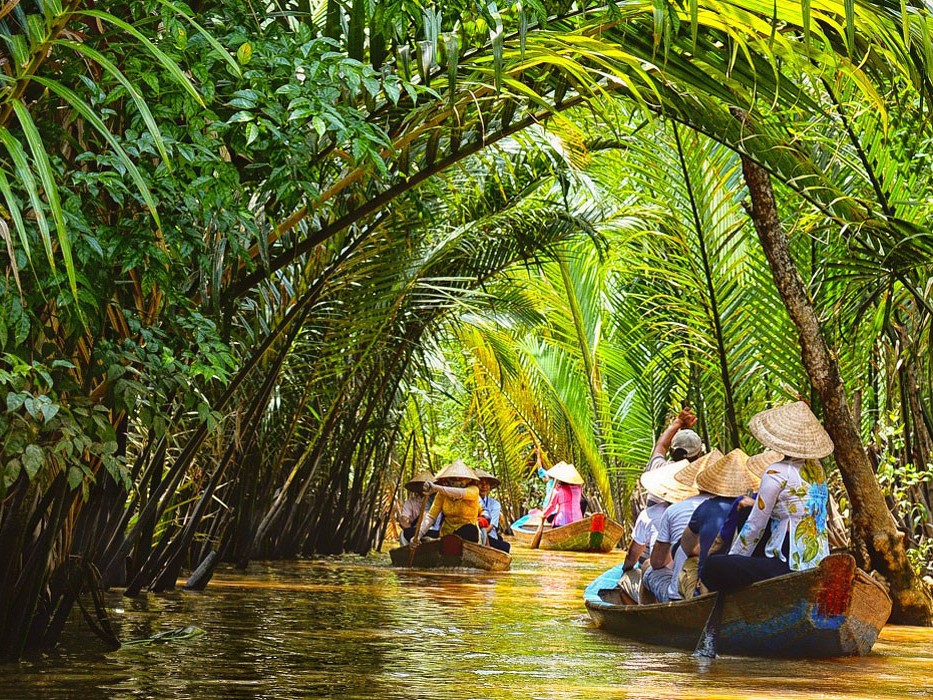
We used to think of adventure as freedom. Go far. Go fast. Go wherever your heart wants. But now, there’s a new kind of freedom catching on, rooted in the principles of ethical outdoor travel. One that comes from knowing your journey didn’t cost the Earth, or a local community, or a fragile ecosystem more than it should have. One rooted in respect.
My personal journey toward ethical outdoor travel
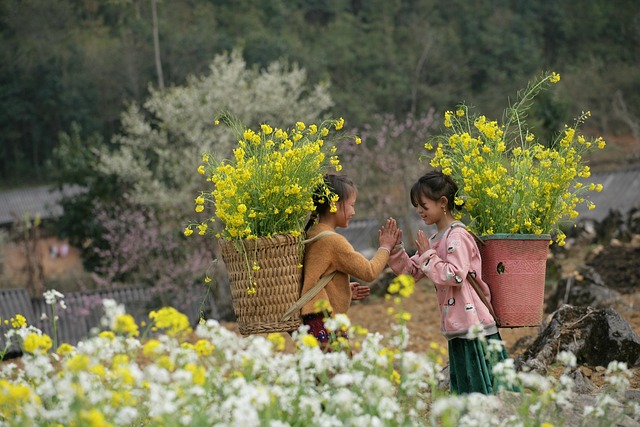
I started thinking differently after a trip to Phong Nha-Ke Bang National Park in central Vietnam, a place of towering limestone cliffs, ancient caves, and emerald rivers. It’s the kind of beauty that stops you mid-step. It was there that the concept of ethical outdoor travel truly resonated with me. But what stayed with me more than the scenery was a sign I passed on the trail: “Leave only footprints. Touch only hearts.” It was simple, but it hit me.
Was I doing that? Was I truly leaving no trace? Or was I unintentionally part of the problem?
That trip became a turning point in my approach to ethical outdoor travel. Since then, I’ve been more intentional about how I plan, pack, and participate in outdoor experiences. I started choosing local guides. I bring a reusable water bottle and my own trash bag. I research trail capacity before I go. Small shifts, sure, but when enough people do them, they matter.
How to practice ethical outdoor travel in your own adventures

And I’m not alone. More hikers, bikers, paddlers, and travellers are embracing this slow, conscious way of exploring. It’s not about guilt. It’s about gratitude. Because when you love a place deeply, you naturally want to protect it.
That’s also why I’ve found the ExoTrails so helpful. Yes, it’s a powerful tool for discovering new trails and hidden gems – but it’s more than that. It’s a guide for responsible exploration, making ethical outdoor travel feel both accessible and empowering. The app helps you find low-impact routes, avoid overcrowded trails, and even view seasonal closures that protect local ecosystems. There are also tips from the community on how to leave no trace, and even updates on nearby cleanup events or conservation efforts you can join.
The core questions of ethical outdoor travel
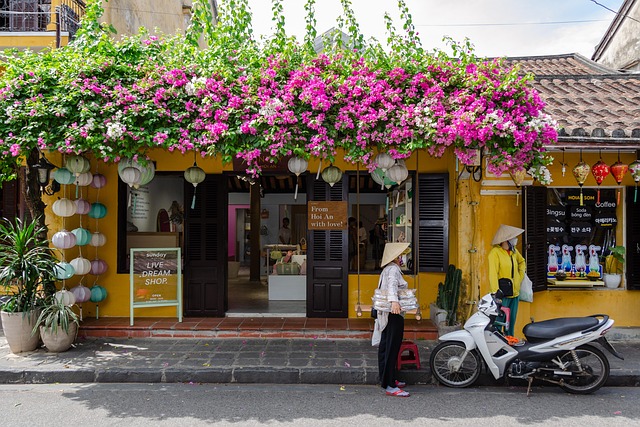
The best part? Ethical outdoor travel encourages awareness without judgment. You don’t have to be a perfect eco-warrior. You just have to care, and take small steps that add up. Sustainable travel is about asking better questions:
- Is this experience benefiting the people who live here?
- Am I taking more than I’m giving back?
- What will this place look like 10 years from now, because of me, or in spite of me?
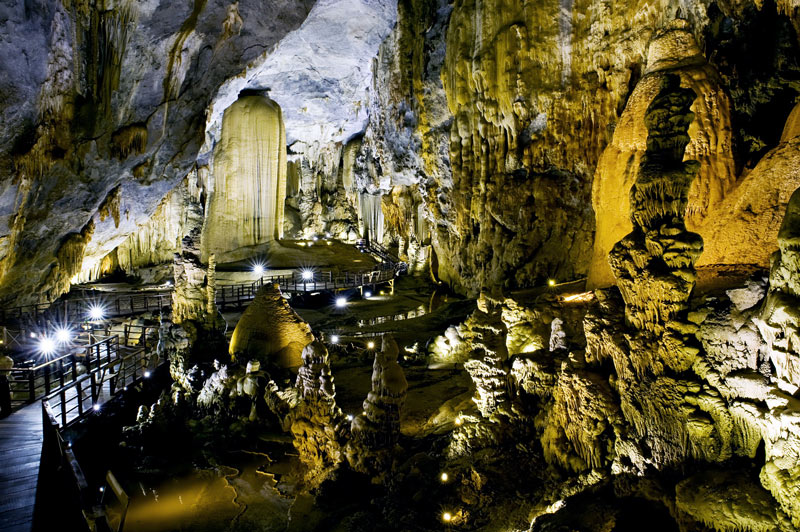
It’s about realizing that the wild isn’t just a backdrop for our stories. It’s a living, breathing thing we’re part of, and responsible for. This is the heart of ethical outdoor travel. And here’s the beautiful part: when we travel with care, the experience becomes richer. The memories stick longer. You notice the details. You forge deeper connections, with locals, with fellow adventurers, with yourself. You move through the world with a little more reverence.
So, the next time you pack your bag or plan a hike, think beyond the checklist. Embrace the principles of ethical outdoor travel. Open the ExoTrails. Choose the quieter trail. Bring your curiosity, but also your care. Ask what the trail needs from you as much as what you need from it. Because the wild places we love don’t stay wild by accident. They stay wild when we walk gently, speak kindly, and leave nothing behind but thanks. And that, more than any summit or selfie, is the real legacy of a traveler.
Conclusion
In the end, ethical outdoor travel is not about restricting our freedom, but about redefining it. It’s the freedom that comes from a deeper connection, a lighter footprint, and the knowledge that our adventures contribute to the well-being of the places we explore. By wandering with care, we ensure that the wild places we love don’t just survive our visits, but thrive because of them.
Ready to wander with care? Join our community of explorers in the ExoTrails Facebook Group and follow the ExoTrails Fanpage for daily inspiration and trail tips!
FAQs
What is sustainable travel and why is it important?
Sustainable travel is about minimizing negative impacts and maximizing positive contributions to the environment, local communities, and economies. It’s important for preserving the world’s natural and cultural treasures for future generations.
How can I be a more responsible hiker?
Practice the Leave No Trace principles, stay on marked trails, support local businesses, and pack out everything you pack in, including any extra trash you find.
What are the principles of Leave No Trace?
These are a set of seven guiding principles for outdoor ethics, including planning ahead, disposing of waste properly, and respecting wildlife and other visitors.
How can tourism benefit local communities without harming the environment?
By choosing locally-owned accommodations and guides, buying handmade souvenirs, and respecting local customs, your travel spending directly supports the community and incentivizes conservation.
What does it mean to “wander with care”?
It means exploring with a mindset of respect, awareness, and responsibility for your impact on the environment and local culture.

